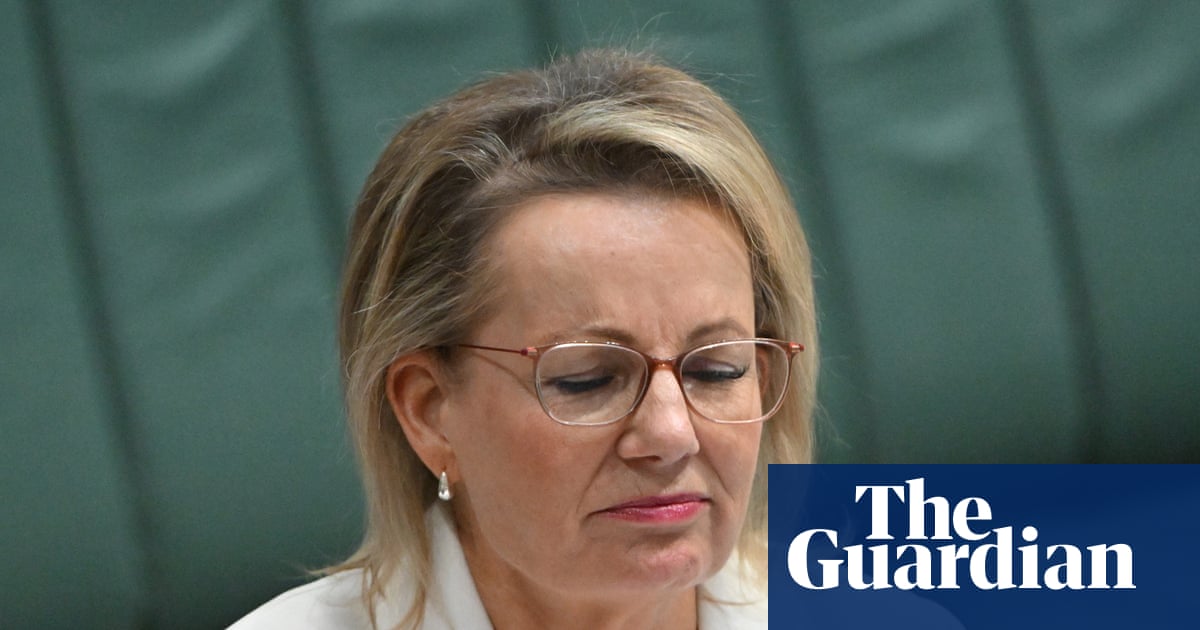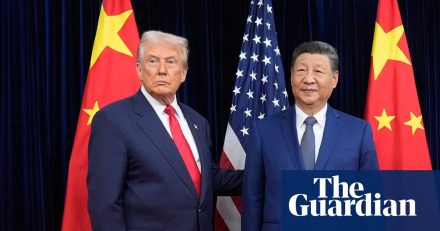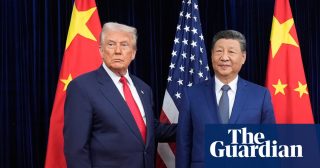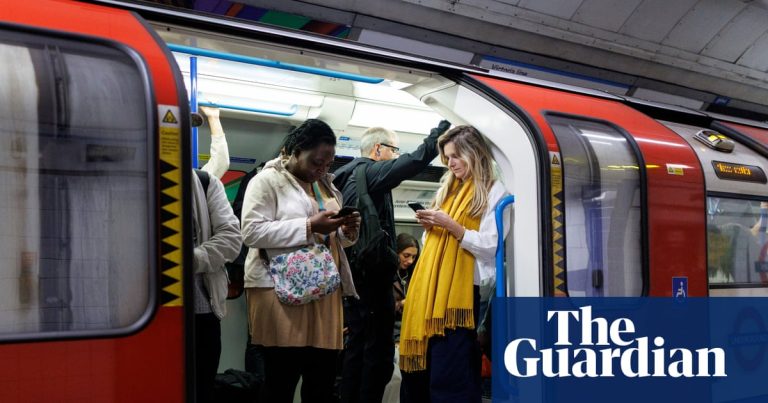Sussan Ley has reshuffled her shadow ministry twice in her six months as Liberal leader. The first change removed Jacinta Nampijinpa Price after she refused to apologise for incorrect and offensive claims about Indian migrants and would not back Ley’s leadership. The second followed Andrew Hastie’s move to the backbench to freely promote his nationalist agenda.
A third, unwanted reshuffle may be inevitable as the fight over net zero emissions threatens resignations whatever decision the party takes. MPs are preparing for meetings to settle a position on the contentious climate target, and scenarios once hypothetical now look real.
After the Nationals’ 2 November decision to abandon its commitment to net zero, senior Liberal conservatives aggressively opposed any target at all. That coordinated intervention has put Ley under pressure; for her, the net zero debate is as much a leadership test as a policy dispute.
Moderate Liberals have mobilised publicly and privately to preserve some commitment to net zero, even if it is not the 2050 target promoted under Scott Morrison. “They didn’t realise how pissed off we would be,” one moderate Liberal said.
Pro-net zero moderates want a political cost for abandoning or watering down the target. Moderate senator Andrew Bragg threatened to quit the shadow ministry if the party walked away from the Paris agreement and any net zero commitment. Maria Kovacic issued a similar ultimatum, saying a shadow minister who cannot publicly support a party-room decision would have to resign and move to the backbench.
The implication is clear: if Ley scraps net zero entirely she could lose MPs who help sustain her fragile leadership. How other moderates on the frontbench, including Tim Wilson and Anne Ruston, will respond is less certain.
The risk of resignations also runs the other way. A senior Liberal source said some shadow ministers who want net zero dumped would have to reconsider their positions if the party retained a firm target.
A compromise may still be possible. Some MPs see cross-factional support for dropping net zero or reducing it to a vague “aspiration” while remaining committed to the Paris agreement — an approach the Nationals would likely accept. That could preserve Ley’s frontbench, her leadership and the Coalition for now, but it would leave climate-minded Liberals saddled with a policy lacking credibility.
Experts in international climate diplomacy would note that a future Coalition government backsliding on commitments including net zero by 2050 would breach the spirit — if not the form — of the Paris agreement. Australia need not formally withdraw from Paris to become an international outlier on climate action again.
Dan Jervis-Bardy is chief political correspondent for Guardian Australia, based in Canberra






